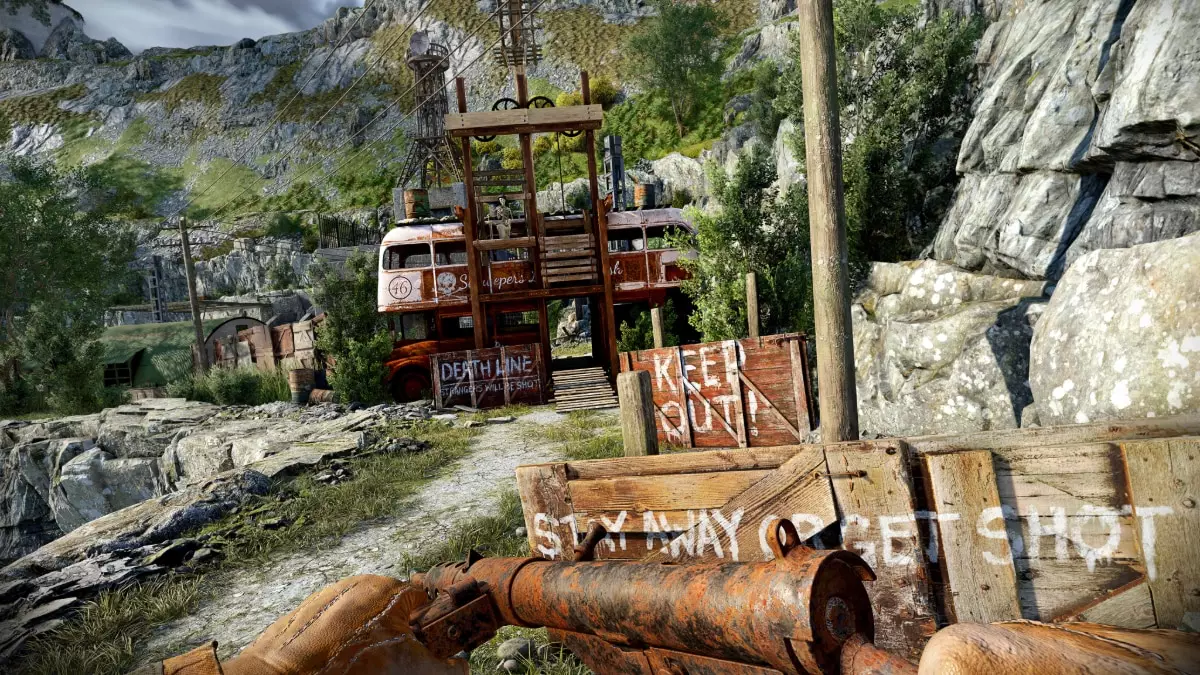In the flooded marketplace of video games, it’s rare for an independent title to breakout and draw the attention of millions. Yet, Atomfall, the action-survival game from Rebellion Developments, has smashed expectations by rapidly engaging over two million players in just a month since its release. This achievement is not merely a stroke of luck; rather, it’s a testament to the innovative strategies employed during its launch, particularly its simultaneous debut on Xbox Game Pass. Rebellion’s CEO, Jason Kingsley, has candidly acknowledged the significant role that Microsoft’s subscription service has played in this success. The Game Pass model, traditionally viewed as a double-edged sword capable of undermining sales, has, in this case, acted as a launching pad.
The Game Pass Phenomenon
Utilizing a subscription model to unveil Atomfall was a shrewd move, allowing the game to bypass the noise often surrounding new releases. Kingsley emphasizes that the challenge of discoverability is a persistent hurdle for games, especially those that lack the marketing power of larger studios. Game Pass offers a robust platform designed to mitigate this issue, providing an avenue for gamers to explore new titles without the initial financial commitment. The beauty of this model lies in its capability to generate organic word-of-mouth buzz. Players, having sampled Atomfall, become vocal advocates, sharing their experiences on social media and urging their friends to join the excitement. This communal enthusiasm can amplify visibility, ensuring that the game doesn’t just fade into obscurity after its launch.
Expected Returns and Financial Security
While Kingsley acknowledges that the number of players is not a direct reflection of sales due to Game Pass accessibility, he insists that Rebellion has surpassed its original sales expectations. The financial stability provided by Game Pass through fixed monetary returns has allowed Rebellion to find profitability amidst a landscape where many indie studios struggle. It transforms the potential risk of reduced sales into a calculable and reliable income stream. While some may argue that launching on a subscription service may cannibalize sales, Atomfall’s performance illustrates that the model can actually bolster a game’s financial future when leveraged effectively.
Exploration of a Sequel
With such an impressive reception, the door has swung wide open for a potential sequel, something that Kingsley hinted at with cautious optimism. His acknowledgment of the successes surrounding Atomfall suggests a new chapter is ready to be written, provided they can secure the necessary resources. However, this poses an essential question: will the industry adapt further in light of such successes? As Rebellion continues to explore the universe of Atomfall, one can only ponder how far this innovative approach may lead them.
Cultural Context and Inspirations
The game’s thematic elements also offer an intriguing backdrop for discussions on the role of art in gaming. Set against the stark landscape of a post-apocalyptic northern England, Atomfall draws inspiration from the real-life Windscale nuclear incident of the 1950s, a historical event that resonates with contemporary anxieties regarding technological advancement and environmental degradation. In a world increasingly beset by man-made disasters, the game serves as a cautionary tale, urging players to reflect on humanity’s relationship with its environment.
An Ode to Independent Development
Atomfall’s success reinforces the notion that independent studios can indeed compete with larger publishers by thinking outside the box. It’s a resounding statement in favor of creativity and strategic partnerships. As the gaming community continues to evolve, perhaps the triumph of Atomfall will light the path for other indie ventures to follow, showcasing the power of engaging storytelling and effective distribution mechanisms.
The gaming landscape is undoubtedly shifting, and Atomfall’s ascension serves as a powerful reminder of the potential resting within innovative strategies, community-driven marketing, and creative storytelling in video gaming. As players rally behind games like Atomfall, we may find ourselves in a new era where independent titles reignite the gaming scene with fresh ideas and bold approaches to engagement.

Leave a Reply